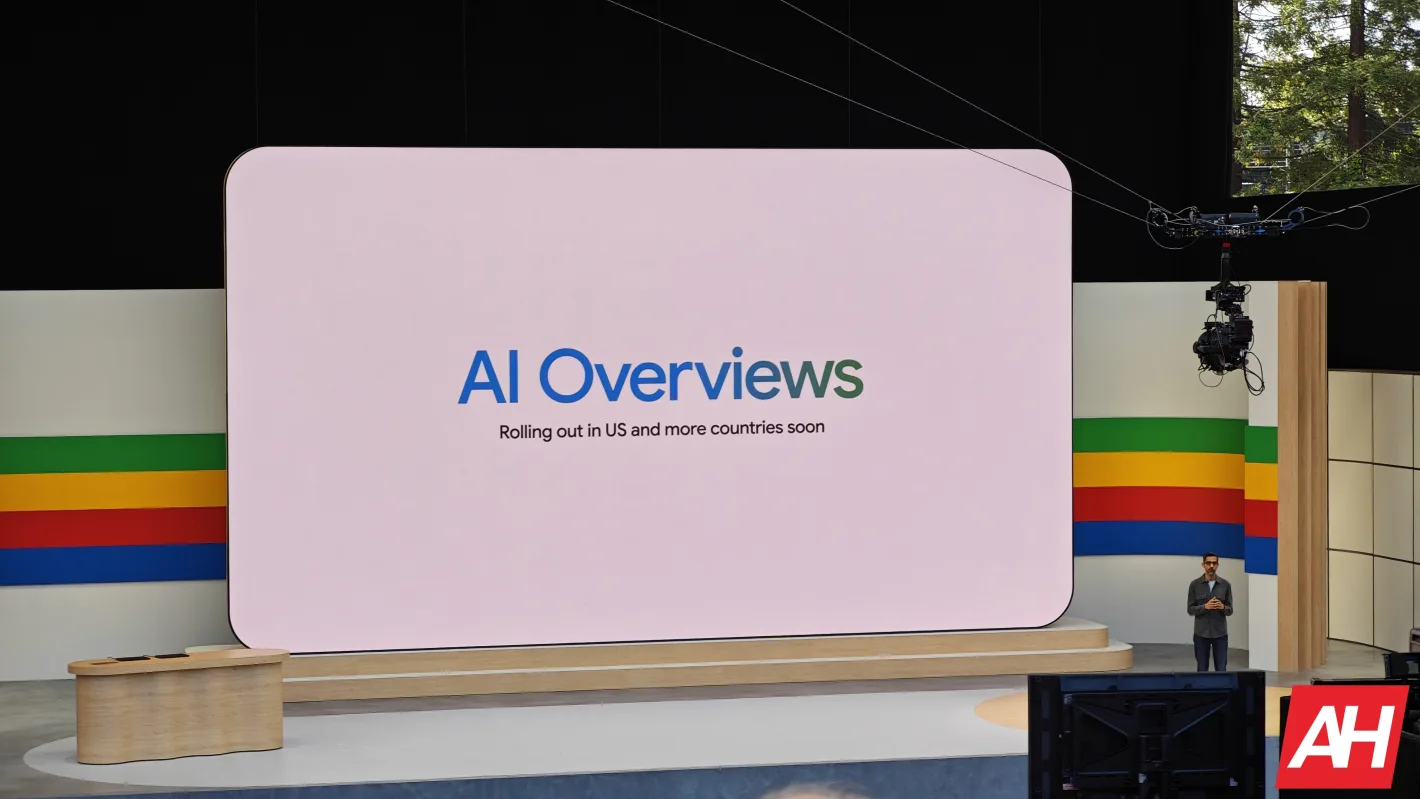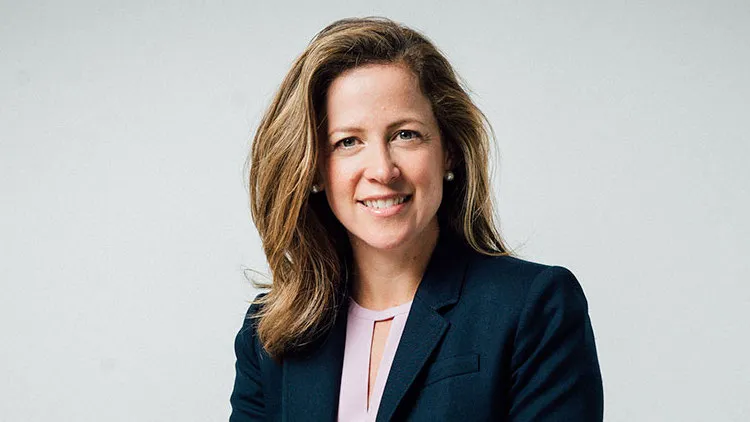EU Council boosts EuroHPC’s role in supercomputer, adds AI factories to empower entrepreneurs, bolstering Europe’s AI ecosystem.
The European Union Council declared that it would change the European High Performing Computer Joint Undertaking (EuroHPC) rules, which determine the usage of supercomputers for the development of artificial intelligence (AI).
The goal of creating and running regional AI factories was added to the rule on May 24 by the EU. The EU claims that this kind of project would add to the infrastructure for AI supercomputing services.
The fundamental work of EuroHPC, an organization founded in 2018 to oversee European supercomputing projects, is built upon the Commission’s proposal, which sparked this change.
At the moment, nine supercomputers that have been created since the initiative’s inception are managed by EuroHPC around Europe. This goal will be advanced by the new AI factories that the amendment suggests.
Furthermore, the EU’s increased supercomputing capacity would provide AI startups with better tools to innovate and train their models.
Wallonia’s vice president and minister of economy, research, and innovation, Willy Borsus, emphasized the teamwork in reaching this significant accomplishment.
Unity is the strength of Europe, and together we have achieved great goals. We have seen this with the development of our world-class supercomputers, and now we want to boost the outcomes of these powerful machines through trustworthy AI.
The Council requests that the EuroHPC Governing Board create unique access requirements for these AI supercomputers, prioritizing small and medium-sized businesses and startups.
The new rule allows the Union to reimburse hosting firms for up to 50% of AI supercomputers’ purchase and running costs. After five years of acceptance testing, ownership of these machines can be passed to the hosting organizations.
To advance AI solutions within the Union, the AI supercomputers will primarily be used to design, test, evaluate, and validate large-scale AI training models and new AI applications.
The proposed regulation must pass a legal review before it can be approved and published in the EU Official Journal, where it will become operative twenty days after publication.
The EU president, Ursula von der Leyen, unveiled a larger AI strategy, of which the Commission’s proposed rule is a part. This is a calculated step toward strengthening Europe’s AI capabilities.
The EU has led the way in creating AI policies that will be applied throughout the area. The world’s first complete set of AI legislation, the AI Act, was passed by the EU in March 2024 to promote ethical and safe AI development in the area.



